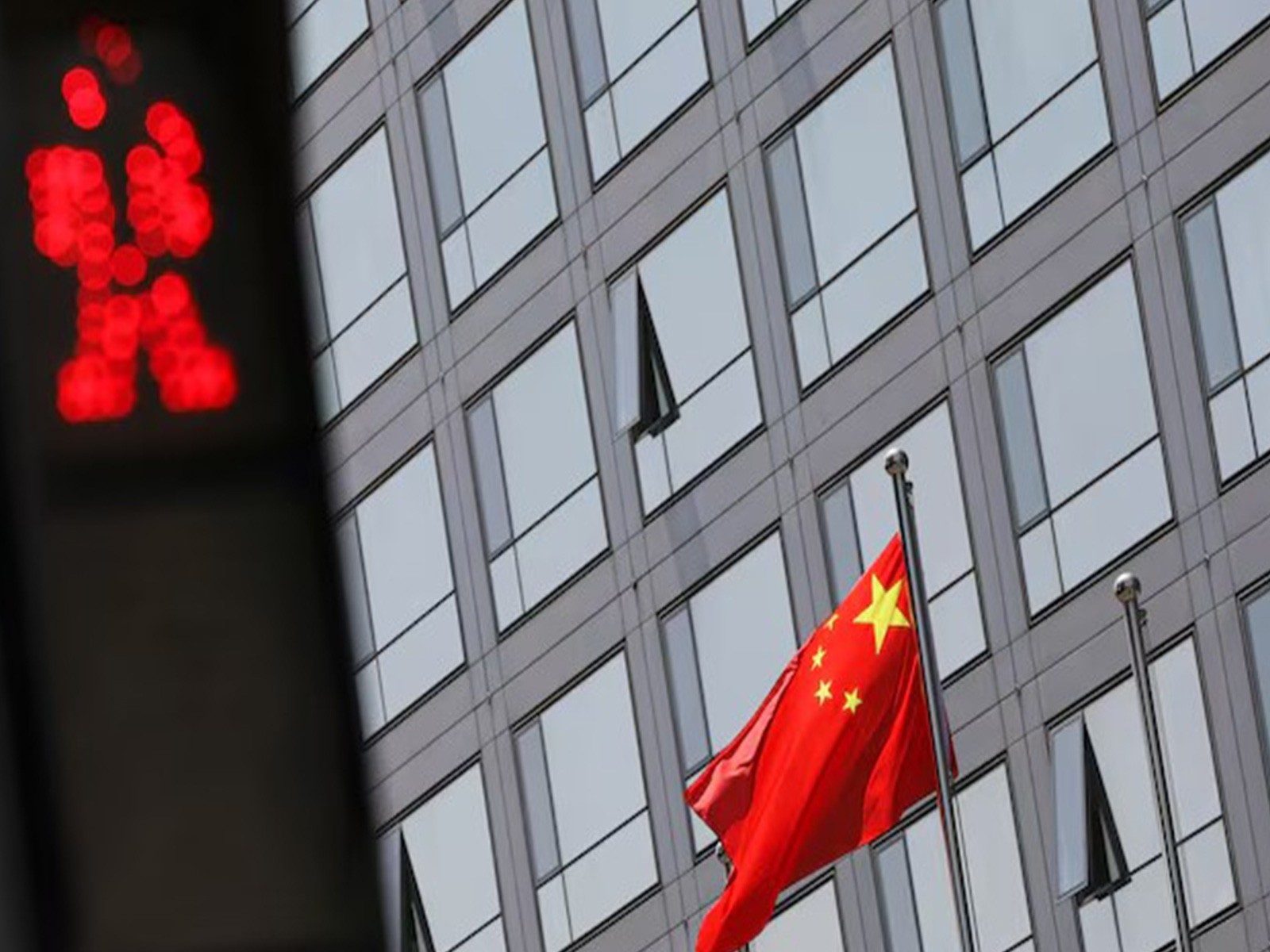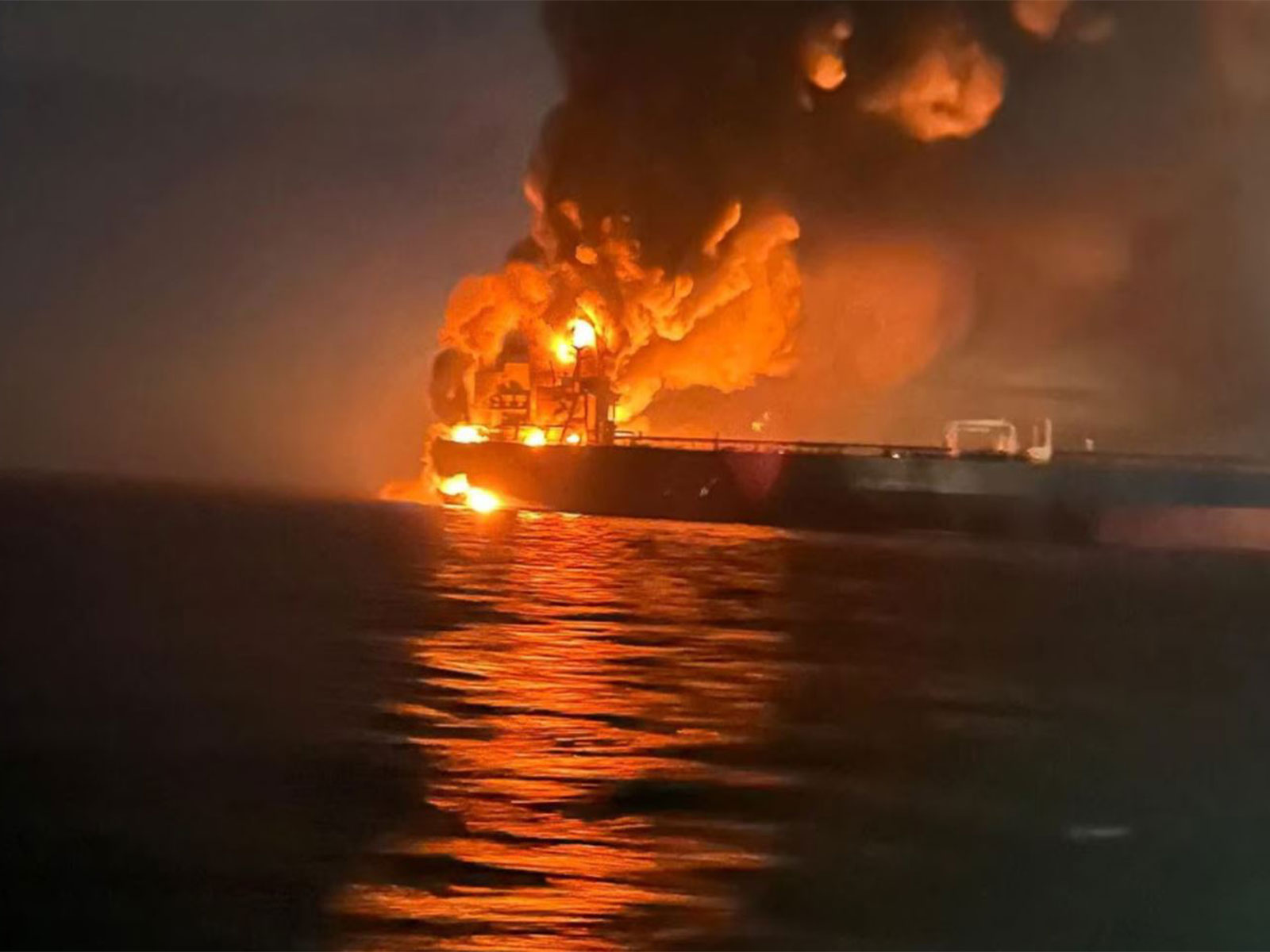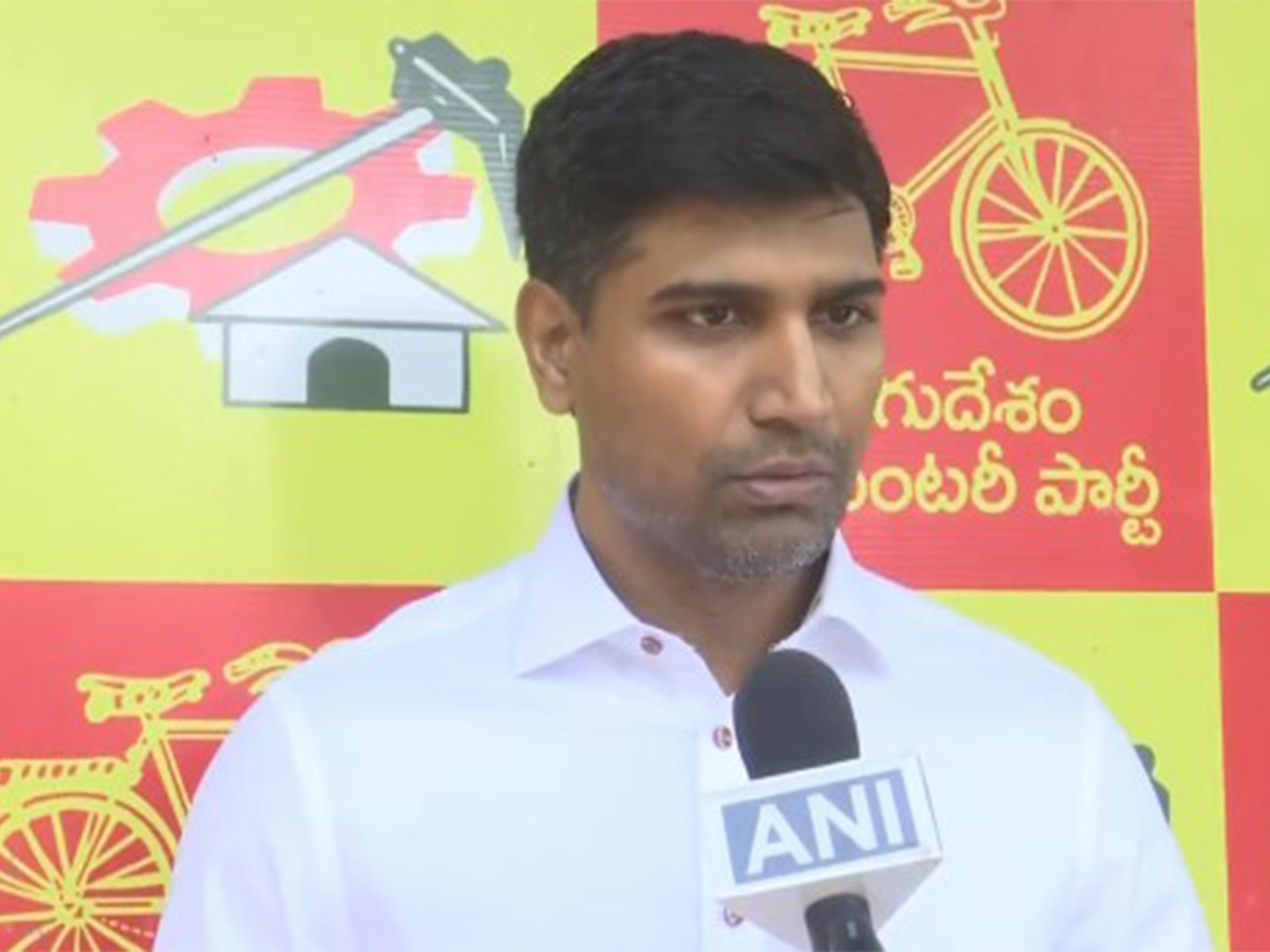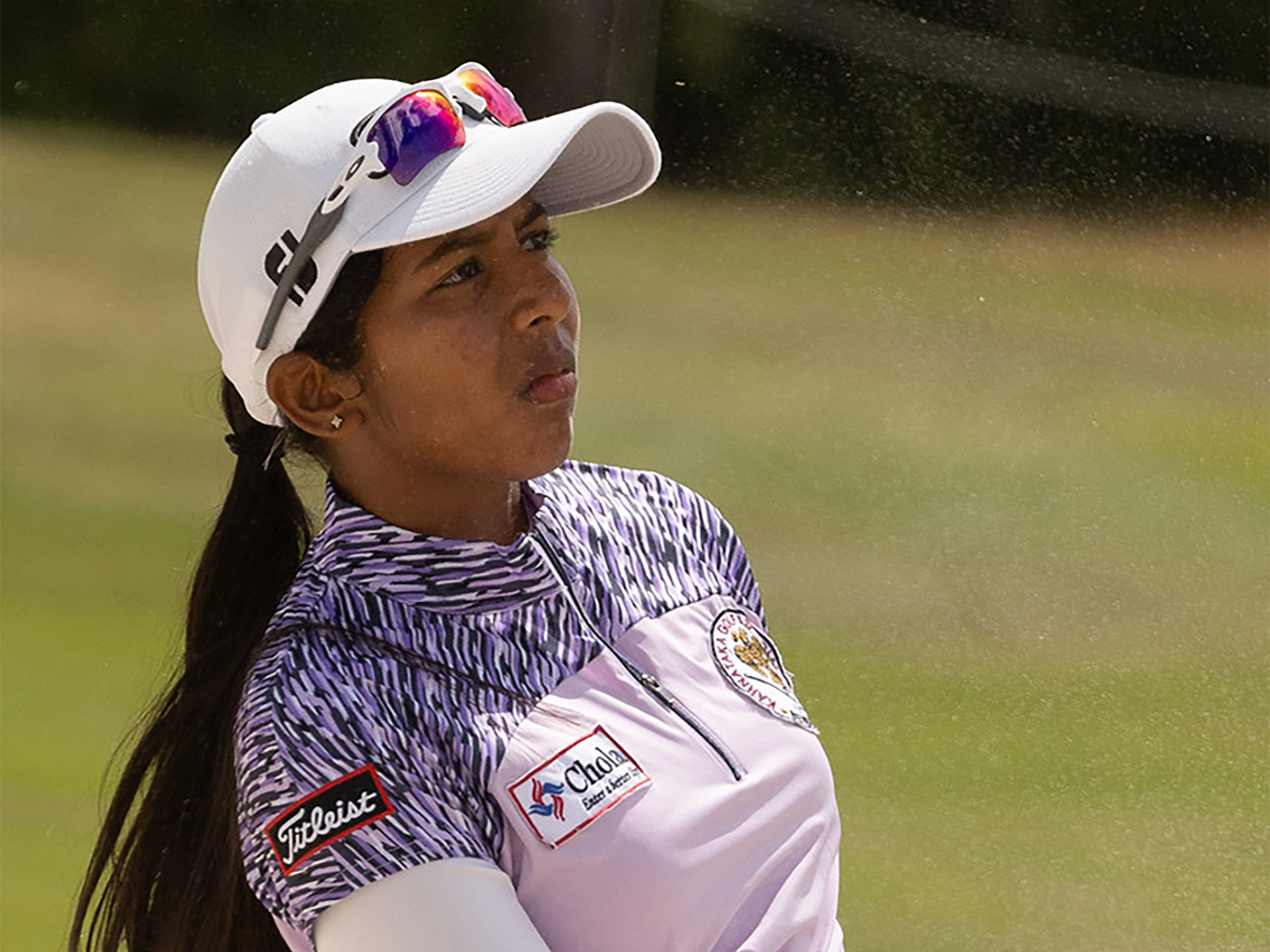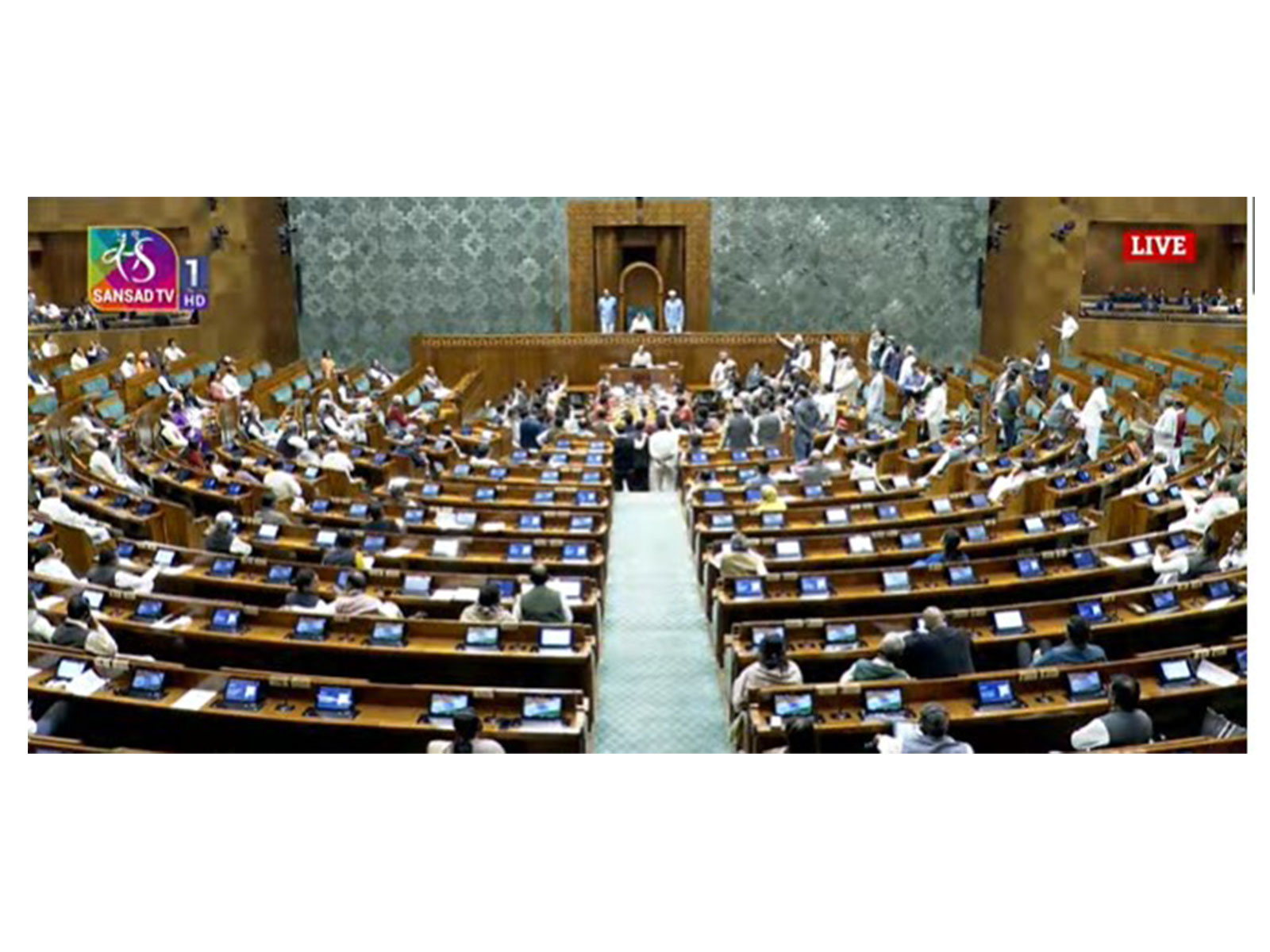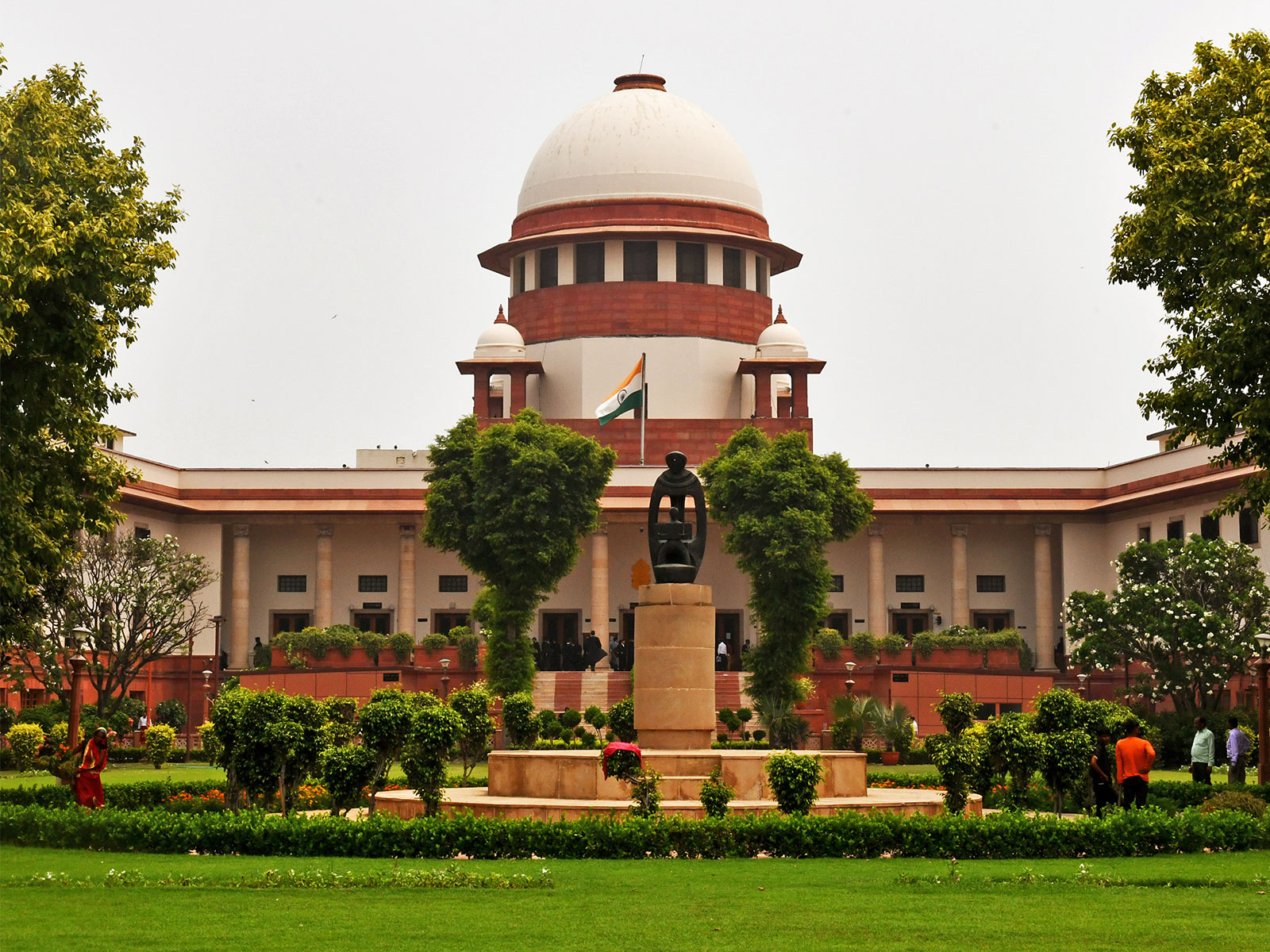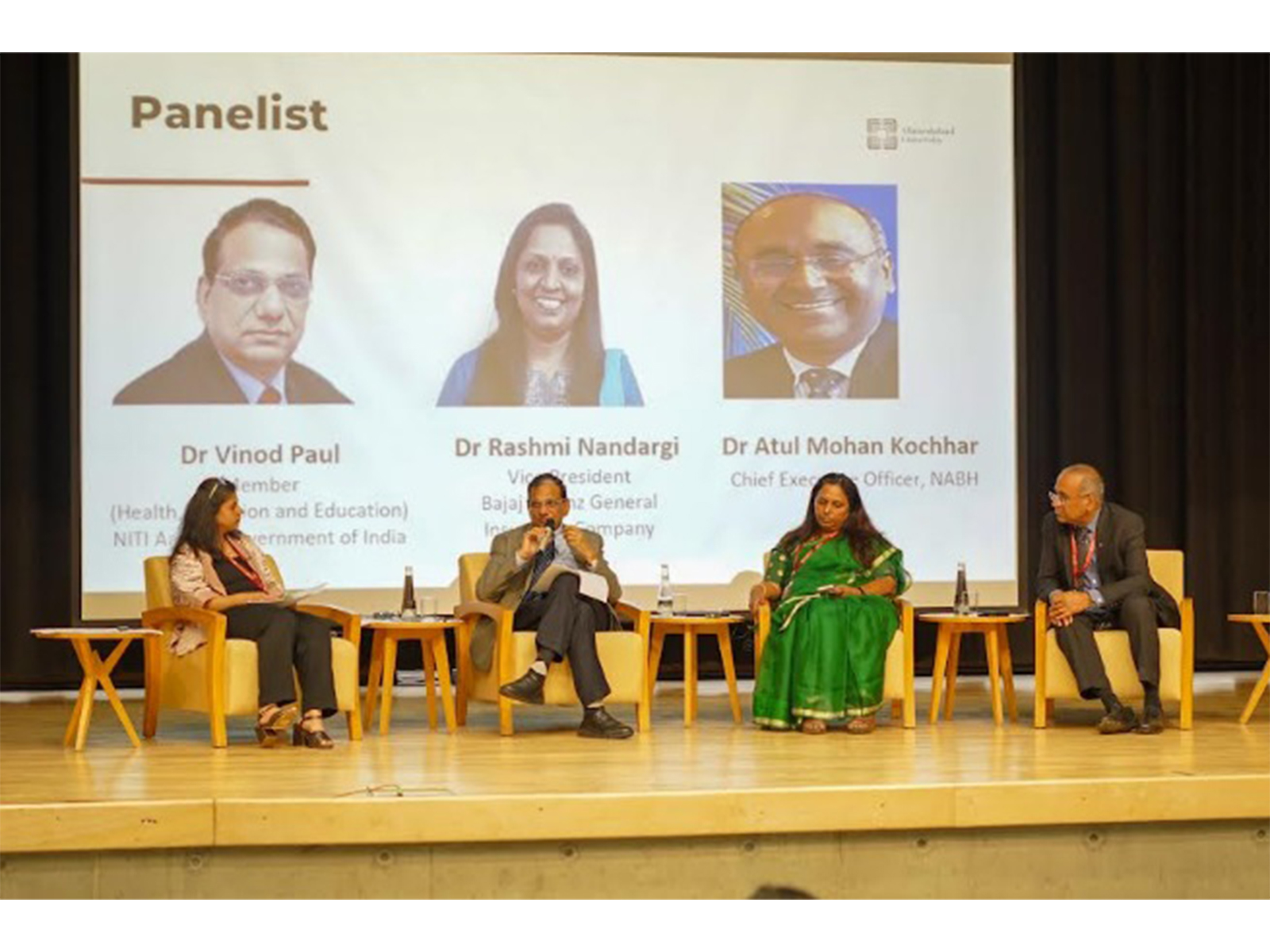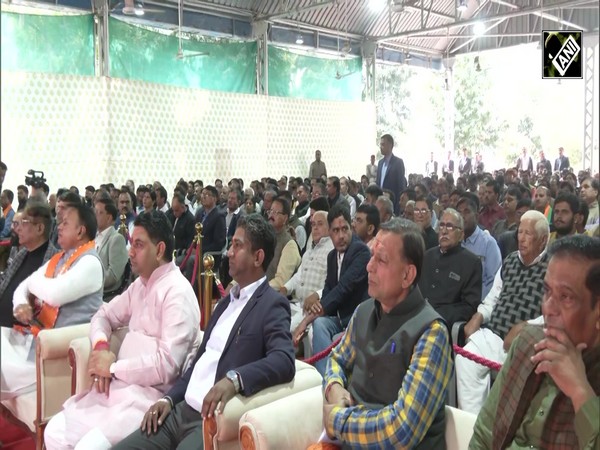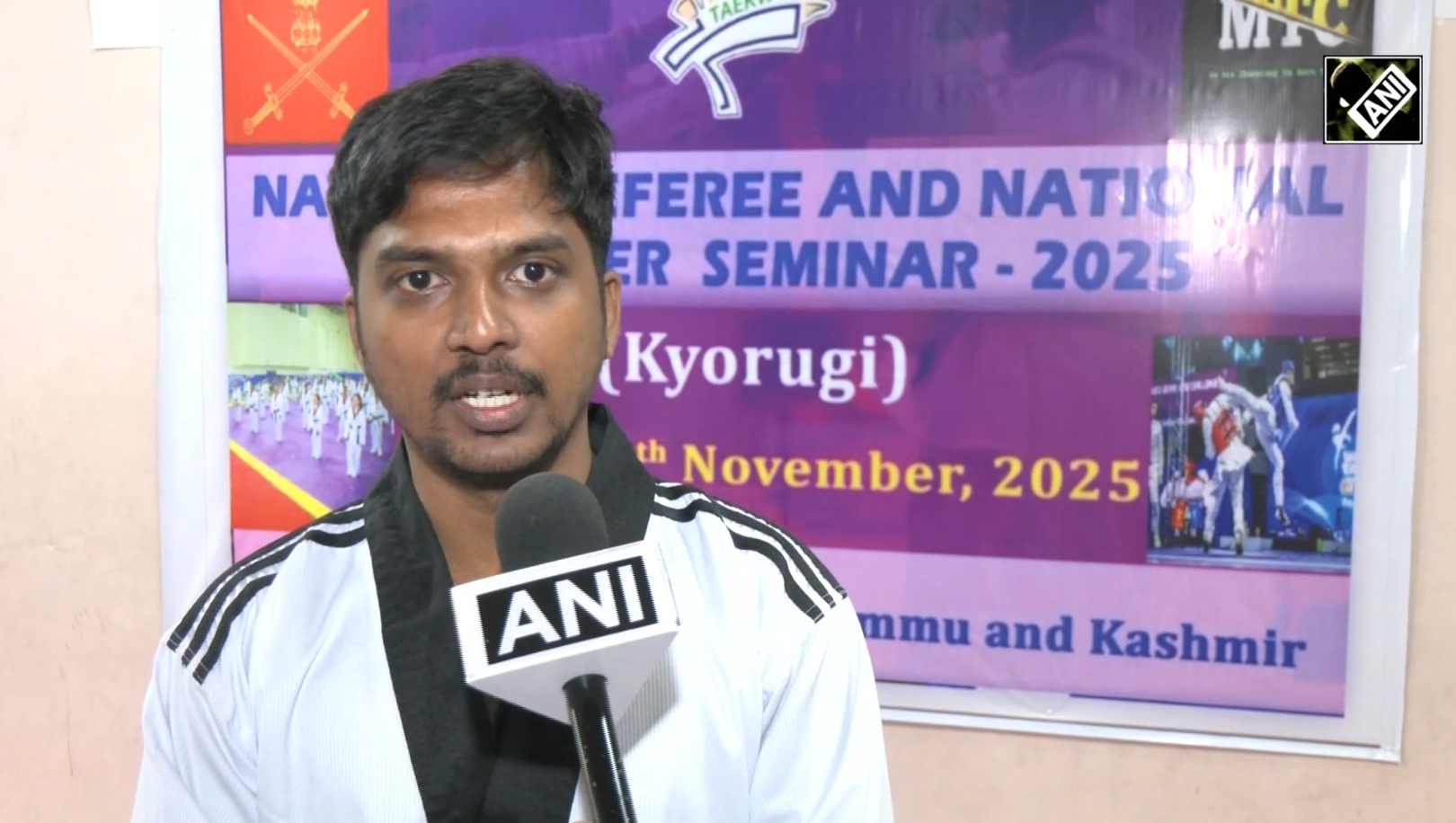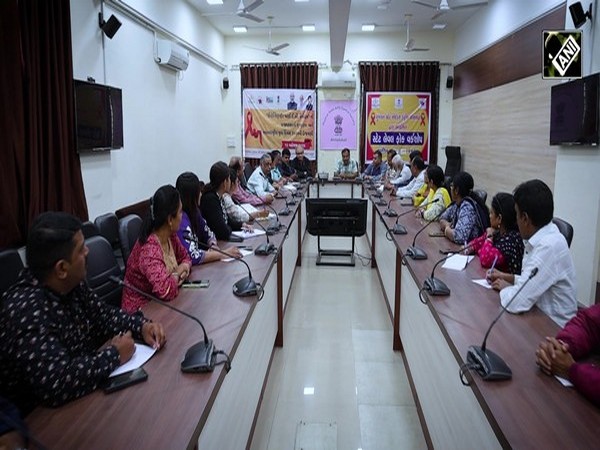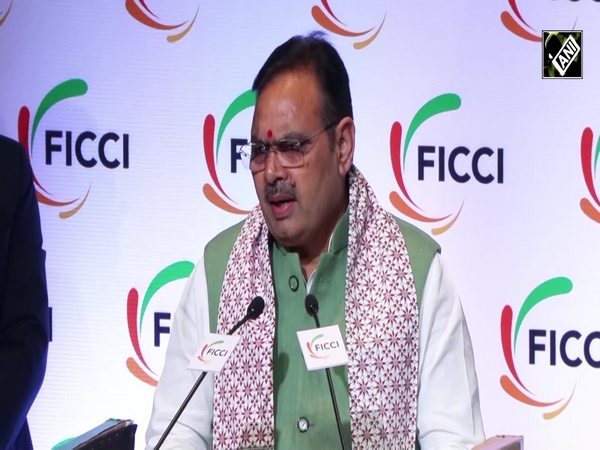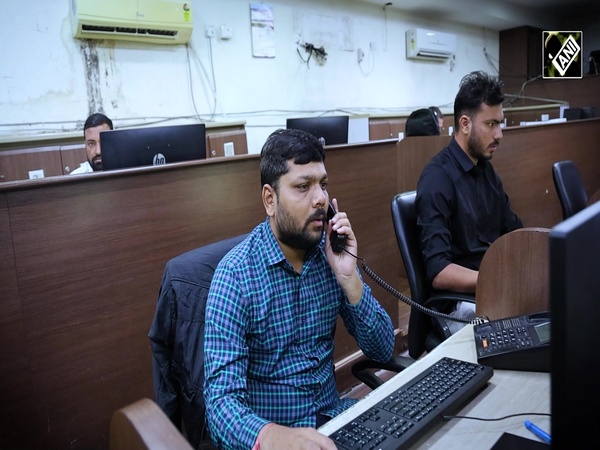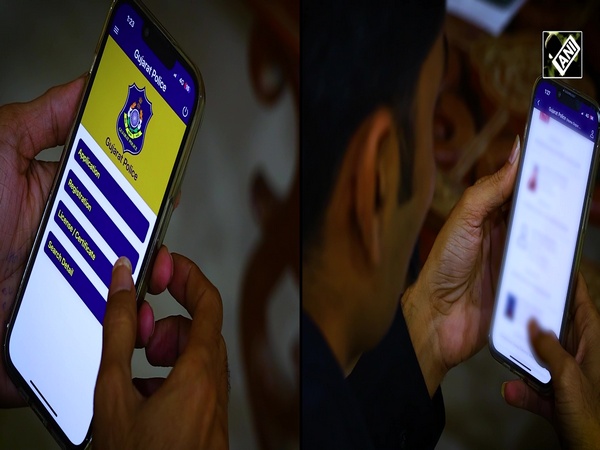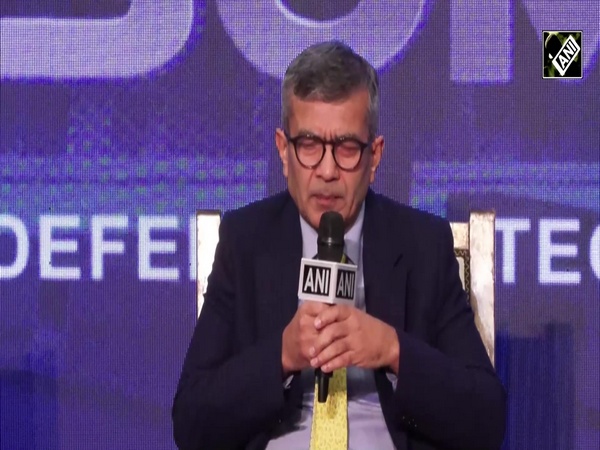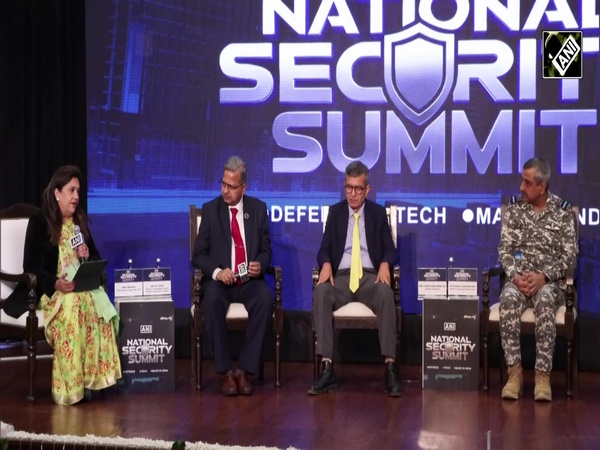Taiwan gears up to elect next President, VP amid tensions with China; US keeps watch
Jan 11, 2024

Taipei [Taiwan], January 12 : Taiwan is all set to elect its next president, vice president and legislative representative on January 13, Al Jazeera reported, adding that the elections will be closely watched by the US and China amid geopolitical tensions in the region.
According to the report, the polls in the country with population of 23.5 million carries an outsized importance due to its disputed political status. While de facto independent since the 1940s, the island and its outlying territories are still claimed by the Chinese Communist Party (CCP), which all Taiwanese resent and reject but fear saying in the open because of the risk of war.
Taiwan's 113-person legislature is made up of 73 legislators based on geographic constituencies, 34 based on party lists and six seats reserved for Indigenous Taiwanese representatives, all of whom will serve four-year terms.
Polling will open from 8 am (00:00 GMT) and close at 4 pm (08:00 GMT), the report said, adding that the voters will cast paper ballots that will be counted by hand. About 19.5 million people are registered to vote and the results should be out by the end of the voting day.
According to Al Jazeera, in the last two elections, the turnout was relatively high, at 66.27 per cent in 2016 and 74.9 per cent in 2020.
The voters will vote to choose between the more conservative and Beijing-friendly Kuomintang (KMT) or the more centre-left and US-friendly Democratic Progressive Party (DPP), which has ruled Taiwan for the past eight years.
There is also the smaller Taiwan's People Party (TPP), which lies somewhere between both parties on the political spectrum.
Since its first democratic elections in 1996, Taiwan's two major political parties have alternated leadership every eight years.
Significantly, the Taiwanese voters are unhappy with key domestic issues such as Taiwan's stagnant economy, the high cost of housing and the future of the island's energy policies, the presidential election is often overshadowed by the bigger question of Taiwan's political status, Al Jazeera reported.
The KMT, the oldest political party in East Asia, ruled Taiwan, officially known as the Republic of China, as a single-party state. Taiwanese lived under martial law until 1987, with political, economic and social preference given to the families of those who had fled China with the KMT, rather than the established population descended from Hakka and Hokkien Chinese settlers or Indigenous Taiwanese.
Despite the political repression that marked the post-war years, a democratic movement began to emerge in the 1970s, leading to the formal founding of the DPP in 1986.
As one of the region's most vibrant democracies, Taiwan is now home to many more small political parties but the KMT and DPP have continued to dominate politics.
The ruling Chinese Communist Party, however, continues to assert its claims over Taiwan and has threatened to 'unify' the two sides by peace or by force. Chinese President Xi Jinping has set a deadline for 2049, the year he has designated for the "rejuvenation of the Chinese nation".
Lai Ching-te, the 64-year-old incumbent Vice President, is considered to the frontrunner in the Presidential elections.
Lai is a trained physician and longtime member of the DPP who, before becoming vice president, was known for his outspoken views on Taiwan's independence.
Since rising in the ranks, however, Lai has shifted more towards supporting Taiwan's 'status quo'--de facto independence.
Al Jazeera reported that if the DPP and Lai win the election, observers say it is likely that China will stage military exercises in the Taiwan Strait in protest. Beijing has deployed this tactic twice in the past two years: in protest at a historic visit by then-US speaker of the House of Representatives, Nancy Pelosi, to Taiwan in August 2022 and when President Tsai met top US officials while "transiting" through the US in April last year.
In August last year, on his way to Paraguay, where Lai witnessed Santiago Pena's inauguration as president, Lai made a stopover in New York.
Paraguay is Taiwan's sole ally in South America.
In a statement shared on X, Lai said he was "happy to arrive" in New York - an "icon of liberty, democracy and opportunities."
The KMT's presidential candidate, Hou Yu-ih, 66, is the former mayor of New Taipei. Hou comes from a humbler background than other KMT leaders and began his professional life as a police officer in the 1980s.
The third candidate in the presidential election is Ko Wen-je, 64. His running mate is Cynthia Wu, a politician and the 45-year-old daughter of one of Taiwan's top tycoons.
Ko founded the TPP in 2014 in opposition to the KMT but has since drifted closer to the party during the recent election.
Additionally, in a New Year's message, Zhang Zhijun, the head of China's Association for Relations Across the Taiwan Strait, a quasi-official body that handles ties with Taiwan, urged the people of Taiwan to make the "correct choice" on January 13.
According to Al Jazeera, Beijing has also been engaged in its usual online misinformation campaigns to stir up controversy. Its more analogue tactics include reaching out to voters through religious networks for prominent Taiwanese temples and deities, relying on shared cultural and historic ties to sway voters' minds.
